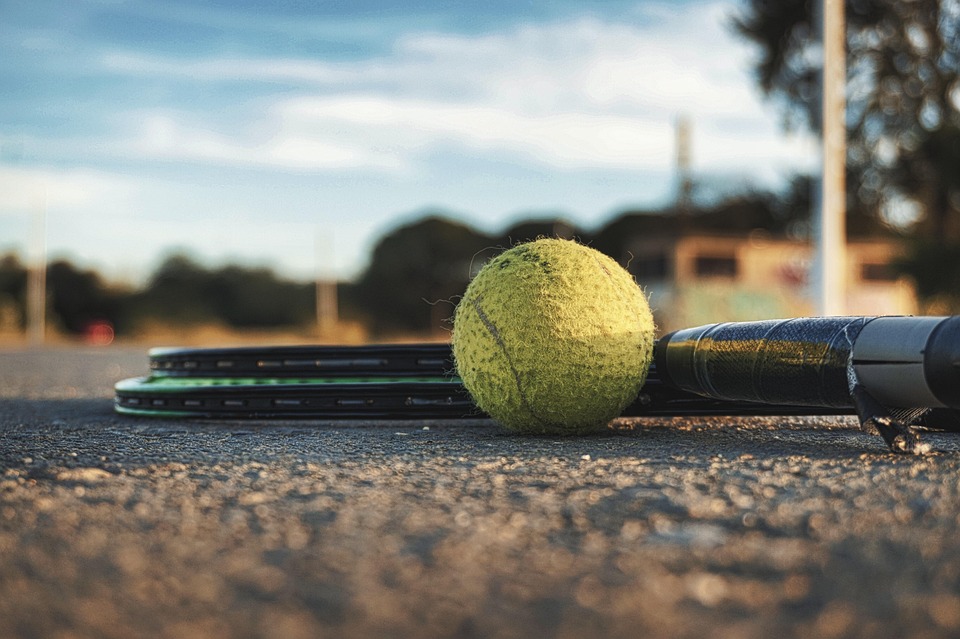The Essential Skills and Responsibilities of a Sports Scientist: A Shortage Occupation with Promising Career Prospects
In the dynamic realm of sports, where performance metrics are constantly evolving, the role of a sports scientist has become pivotal. These professionals bridge the gap between athletic prowess and scientific inquiry, ensuring that athletes not only perform at their best but also remain healthy and injury-free. As a shortage occupation in the UK, the demand for sports scientists is on the rise, presenting promising career prospects for those willing to delve into this multifaceted field.
1. Understanding the Core Competencies
To excel as a sports scientist, one must possess a robust blend of skills that span various disciplines. This includes:
-
Scientific Literacy: A profound understanding of biomechanics, physiology, and nutrition is essential. Sports scientists must be able to interpret complex data and apply it in real-world scenarios. The ability to critically evaluate research findings and implement evidence-based practices is invaluable.
-
Analytical Skills: Proficiency in data analysis is crucial. The utilisation of tools such as statistical software enables sports scientists to analyse performance metrics, assess training loads, and evaluate recovery strategies. This analytical prowess is what sets successful athletes apart from their competitors.
-
Communication Skills: Bridging the gap between science and practice requires exceptional communication abilities. A sports scientist must convey intricate information in an understandable manner to coaches, athletes, and even stakeholders who may lack a scientific background. The capacity to inspire and motivate others through clear and persuasive dialogue cannot be overstated.
2. Responsibilities that Shape Performance
The responsibilities of a sports scientist are as diverse as the athletes they support. Among these responsibilities are:
-
Performance Testing: Regular assessments of athletes’ physical capabilities, including strength, speed, and endurance, are fundamental. These tests inform tailored training programmes that cater to individual needs, optimising performance while mitigating the risk of injury.
-
Injury Prevention and Rehabilitation: Understanding the biomechanics of movement can lead to the development of strategies that minimise injury risks. When injuries do occur, a sports scientist plays a crucial role in devising rehabilitation programmes that promote efficient recovery, ensuring athletes can return to their peak form swiftly.
-
Nutritional Guidance: Fueling the body correctly is paramount for performance. Sports scientists often collaborate with nutritionists to create dietary plans that enhance energy levels, recovery, and overall health. They must stay abreast of the latest nutritional science to provide the best advice.
3. The Growing Demand
The landscape of sports science is shifting, spurred by an increasing focus on health and fitness across the UK. With the rise of professional sports clubs, fitness centres, and even amateur athletic programmes, the need for skilled sports scientists has never been greater. According to a recent report by the UK’s National Careers Service, the sector is expected to expand significantly in the coming years, driven by the evolving nature of sports and exercise science.
A Future Full of Potential
The prospects for aspiring sports scientists are bright, particularly as the UK grapples with a shortage of qualified professionals in this field. Opportunities abound not only within sports teams but also in research institutions, educational settings, and private consultancy roles. The interplay between technology and sport, such as the use of wearable devices for performance tracking, suggests that the role of sports scientists will only grow in significance.
Furthermore, as public interest in health and fitness continues to burgeon, so too does the importance of knowledgeable professionals who can guide individuals toward their personal bests.
Visajob.co.uk remains committed to assisting you in navigating the UK job market, particularly in fields requiring sponsorship. Whether you’re a seasoned professional or just starting your journey in sports science, our resources are designed to help you secure the career of your dreams.




